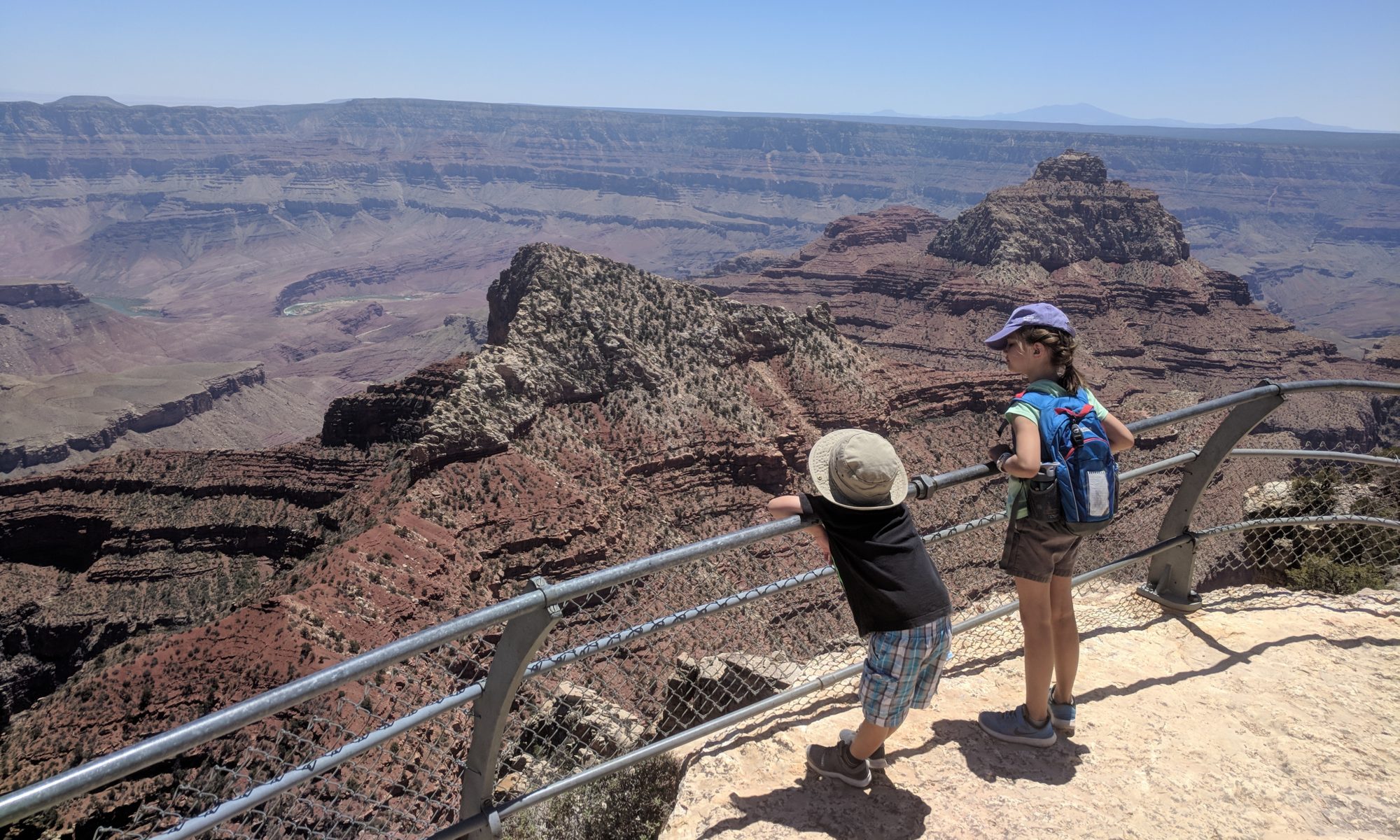So, I finally watched “Jesus Camp” this weekend with Mom and Brooke, the latter of which had already seen it and subsequently shown it to the high school Sunday school class at church (heh…). The movie, for those that don’t know, is a documentary beginning in the spring in the general area of Lee’s Summit, MO (near Kansas City, of course) as kids there (ranging from ages 6-12) prepare to go off to summer camp in North Dakota; the kids then go to the camp, and then return. The camp is run by a Pentecostal minister that is preaching to them for the week. It’s close to 1.5 hrs long. Essentially, the movie is about how the evangelical movement in America is affecting the young children involved.
The neat thing about the movie is that it’s told solely from the perspective of the kids and the camp director, along with a sort of “counterpoint” presented through an evangelical radio host (that later interviews the camp director). The film makers say nothing in the movie, but allow the kids, parents and other figures to do all the talking. The people in the film speak for themselves, leaving little room for interpretation by the viewer.
Well, the thing is…because of this fact, you know that these people really believe what they’re saying, and it provides some cause for concern. The camp director is interviewed frequently throughout the film talking about “training” these kids. She constantly refers to it as “training,” and mentions multiple times how “people in other religions” start “training” their kids from the age of 3 to do everything and anything for their beliefs, including strapping a bomb to themselves. She literally talks about how “we Christians” need to start “training” our kids in a similar way.
Now, as my Mom so perceptively noticed, many of the kids depicted in this movie seemed to be brainwashed. Not playing with toys at the age of 9. Not playing video games. Not watching MTV. They were instead going up to a few old African American guys in the park asking if they knew “where they were going after they die.” They said heaven. The 9 year old girl said “are you sure?” They said “yes.” As she walked away with her mullet-donned accomplice (seriously…watch that video…), she says “I think they’re Muslim.”
I guess it’s concerning because, as the camp director says, these are the next generation of voters in our country. I know (or hope?) that this is an isolated group of evangelicals and that this is not how most of them go about things, but I have to wonder if their childhood isn’t being corrupted for something Jesus didn’t intend?
Perhaps I’d feel differently if they were talking about “education” rather than “training.” That word really has the connotation of preparing for a battle or war.
I don’t think I like where this is going.

